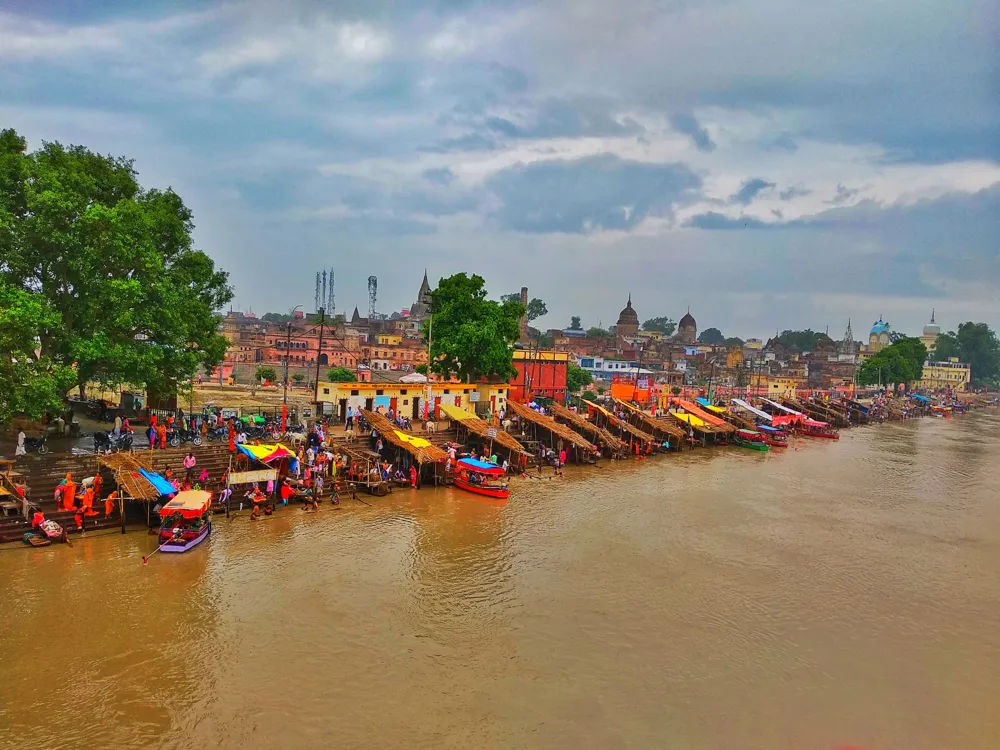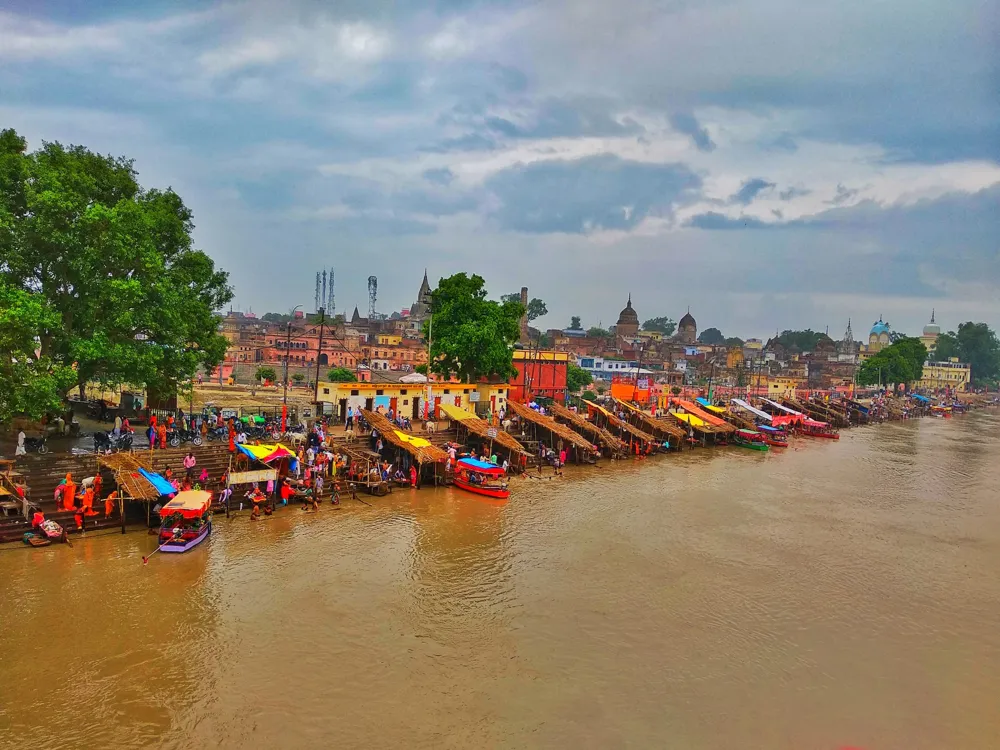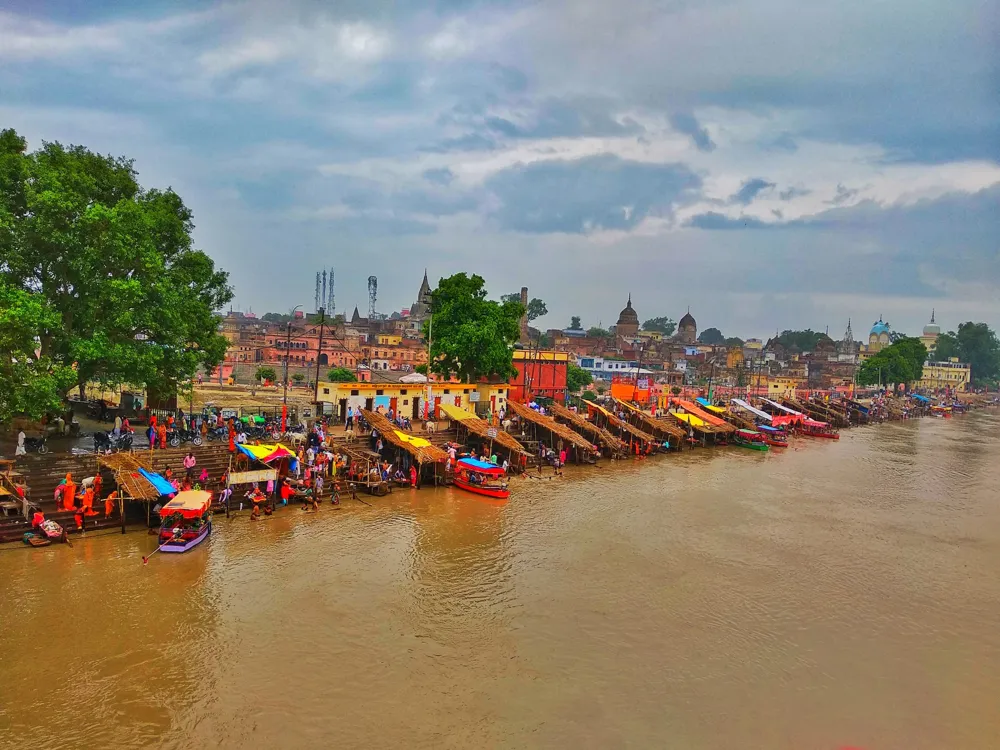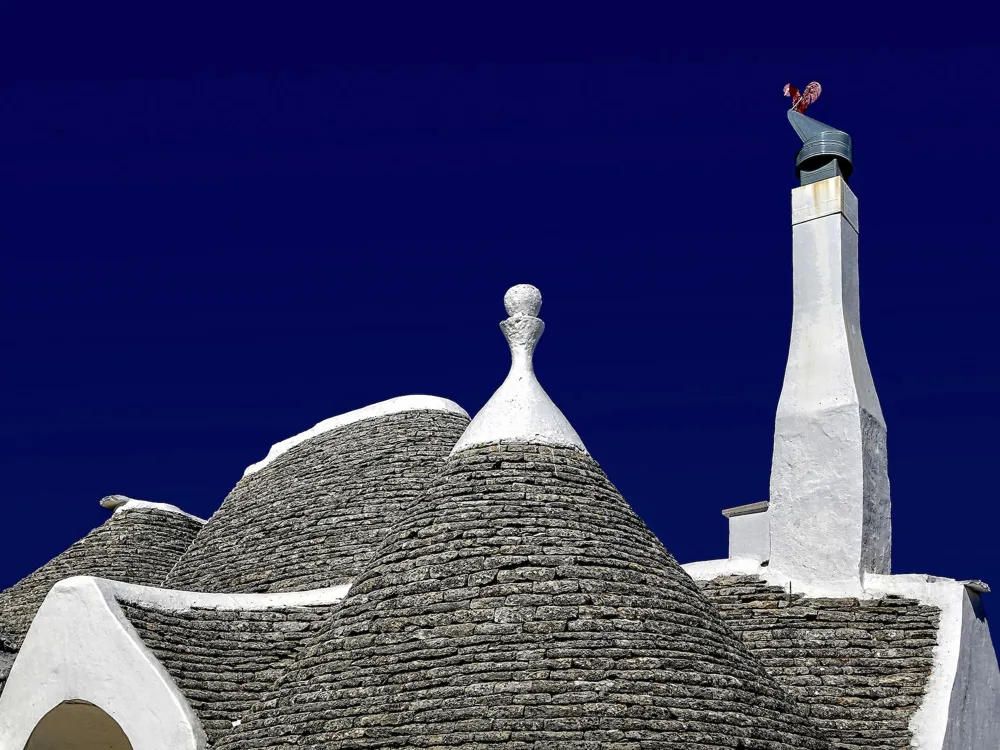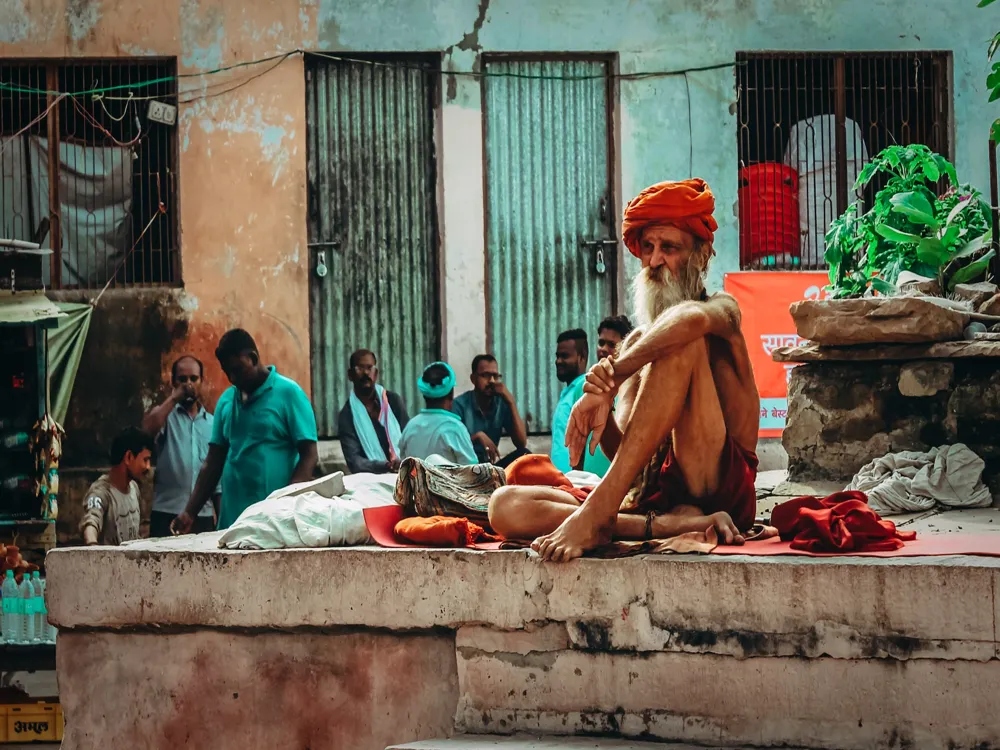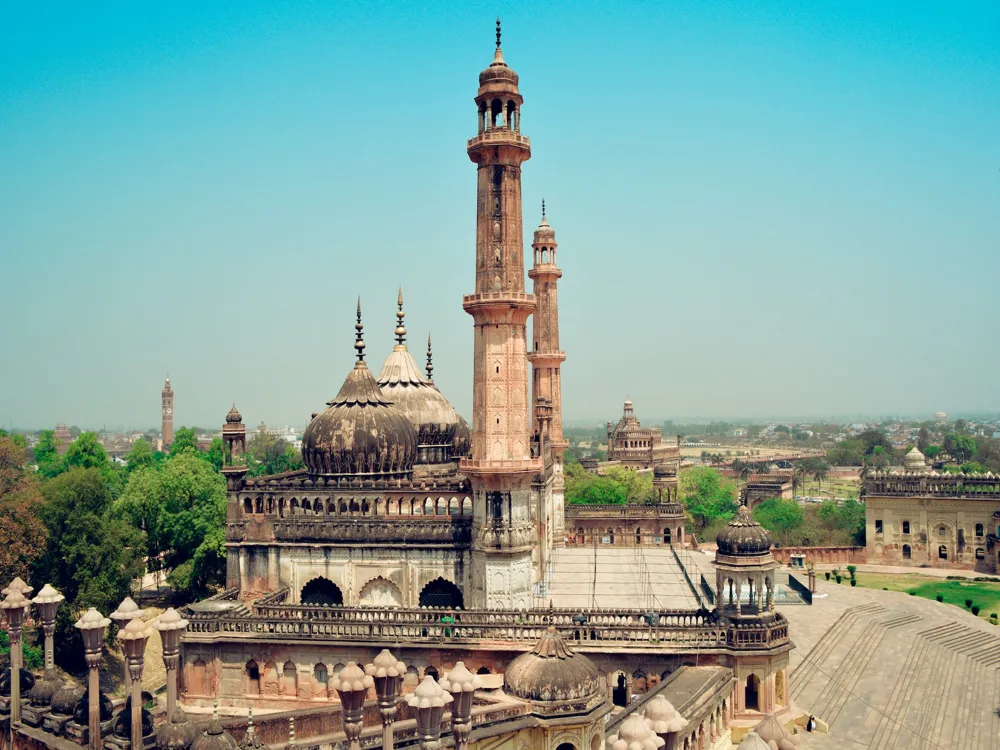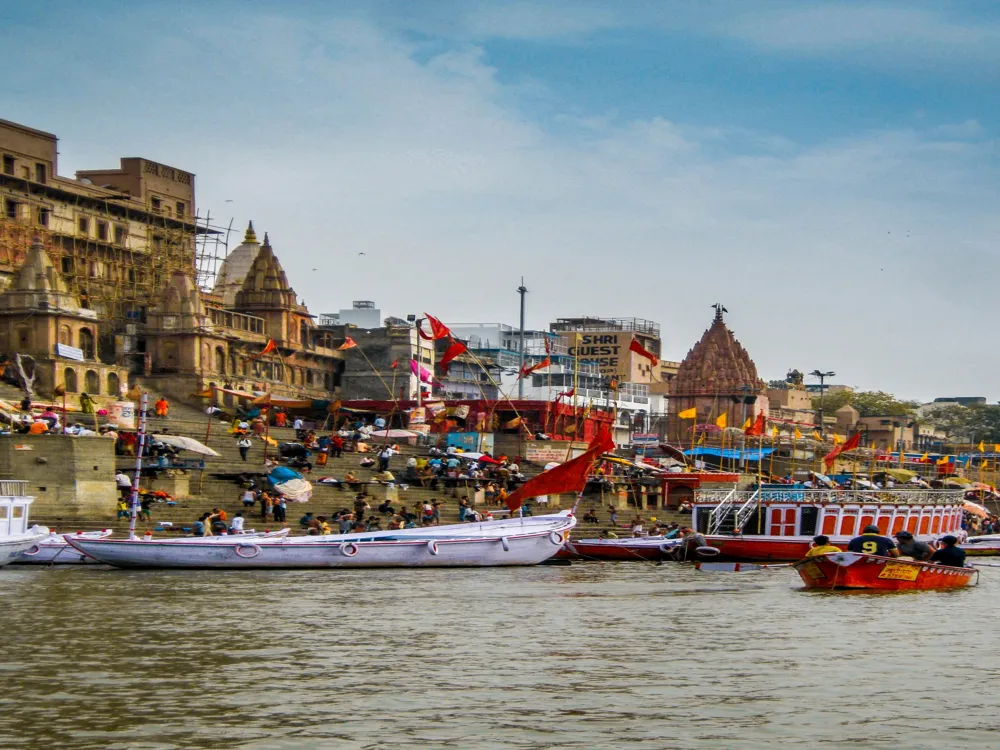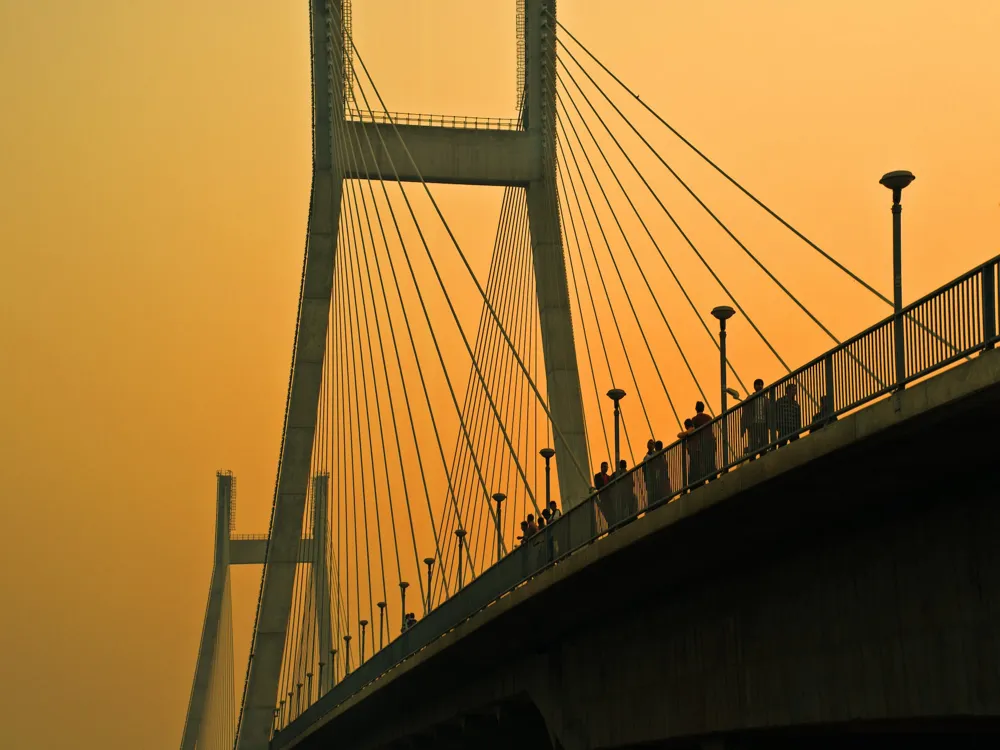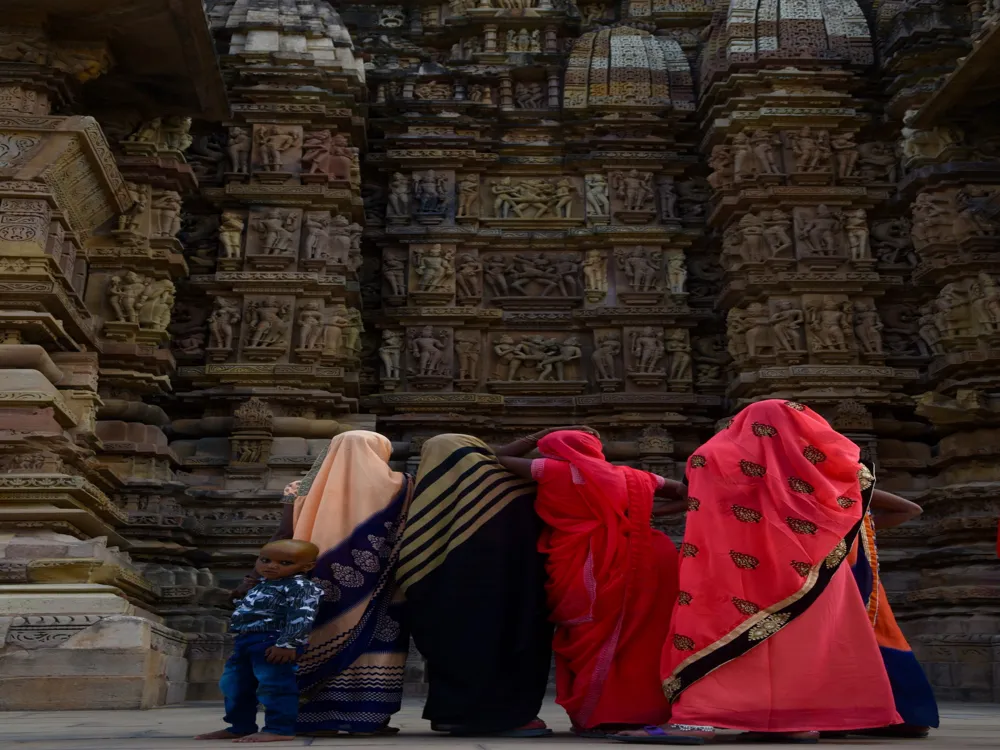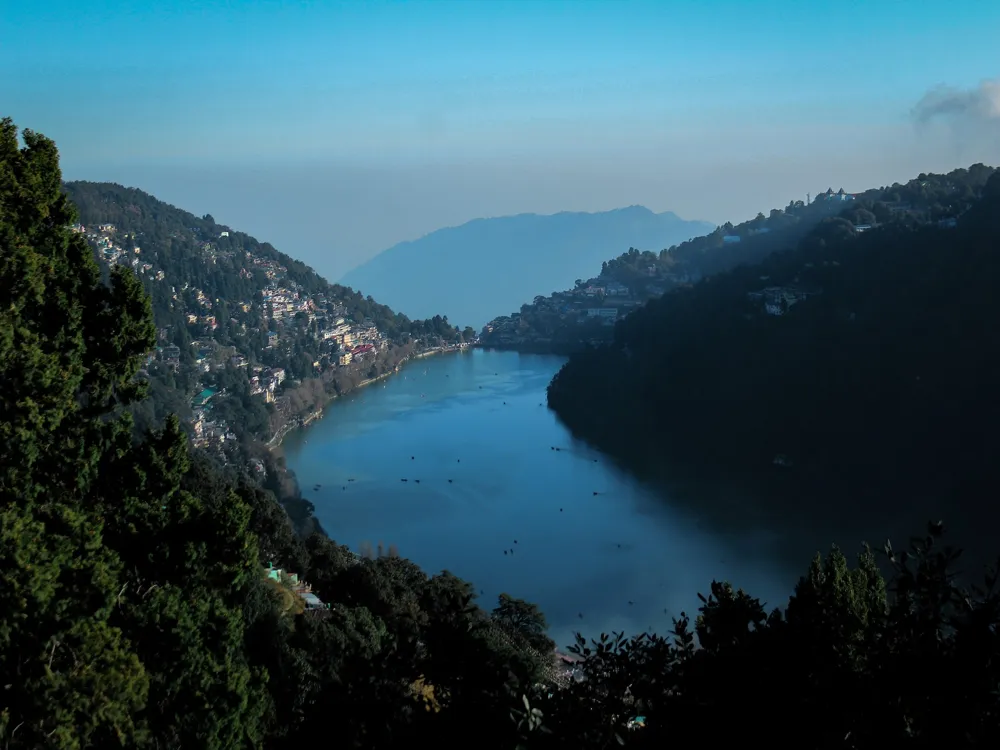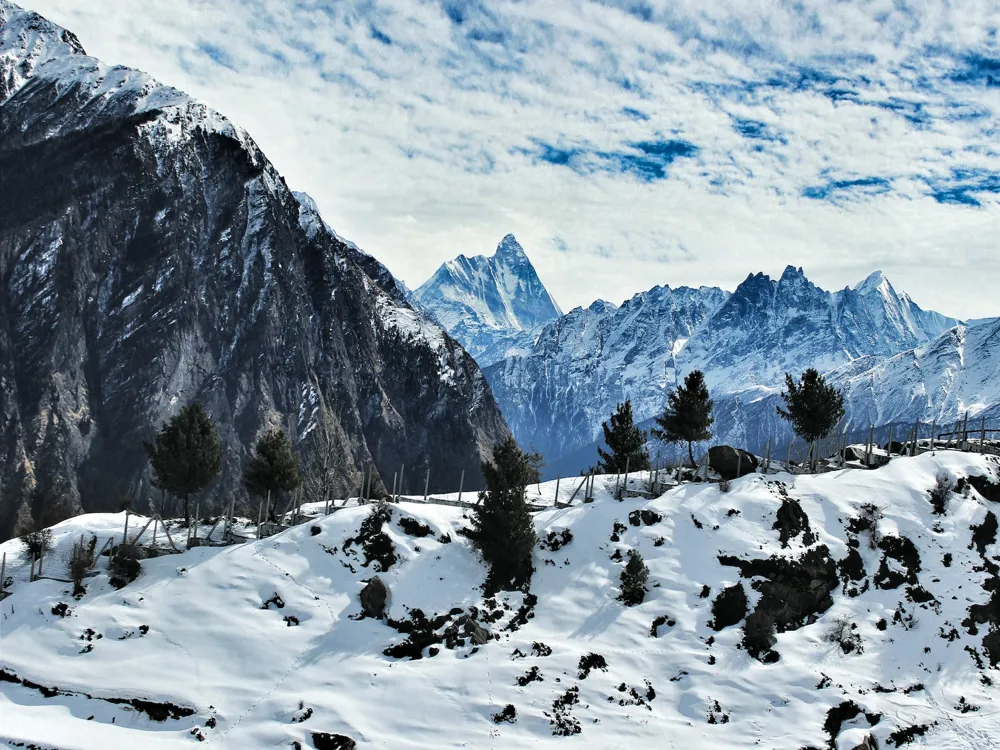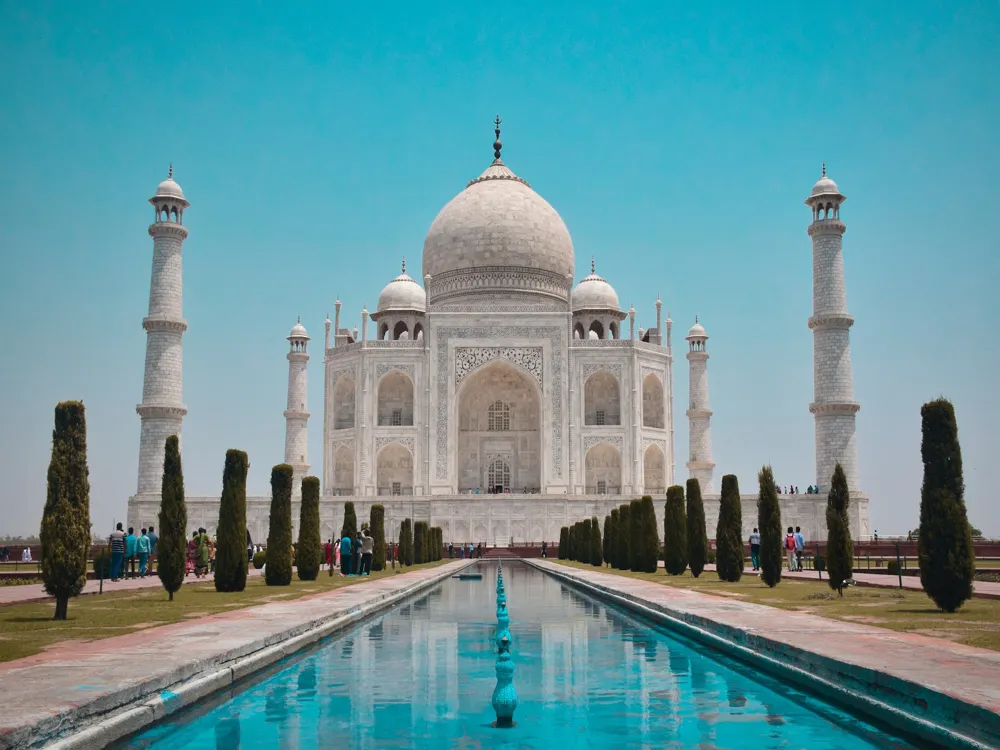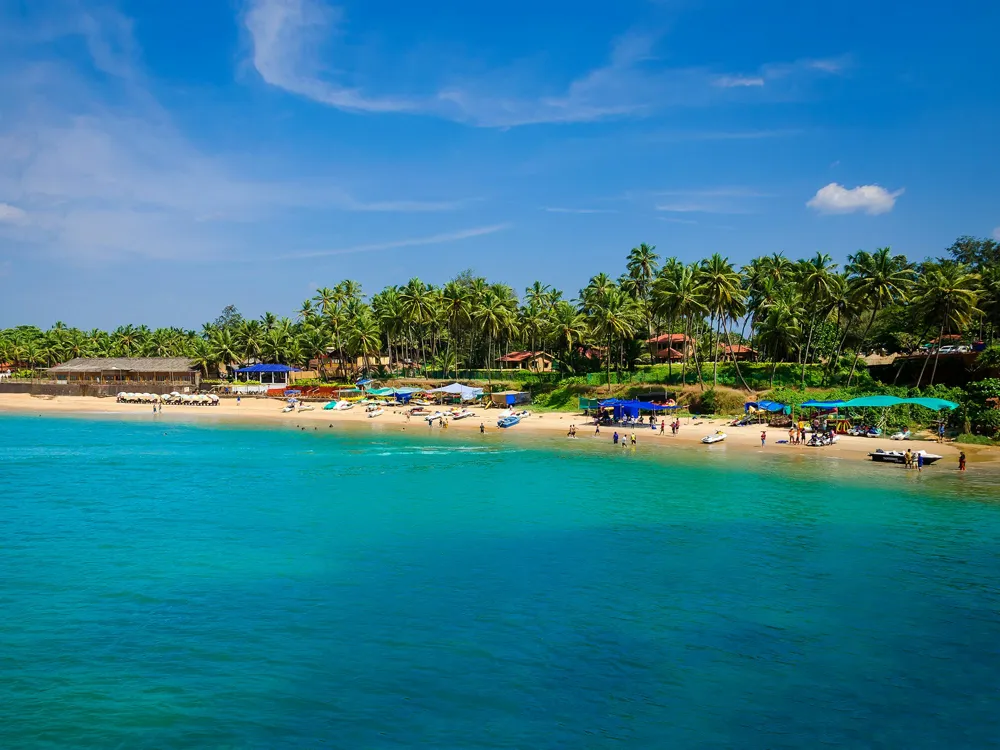Treta Ke Thakur, a significant objective and religious point located in Ayodhya, Uttar Pradesh, is steeped in a rich artistic and spiritual heritage. This adored tabernacle is believed to stand on the veritable ground where Lord Rama performed an Ashwamedha Yajna. The term' Treta Ke Thakur' translates to' Lord of the Treta Yuga,' reflecting its deep association with the grand period of the Ramayana. The tabernacle's history is intertwined with the fabulous tales of Lord Rama, making it a vital passage point for addicts and history suckers alike. The armature of Treta Ke Thakur is a splendid illustration of ancient Indian craftsmanship blended with religious symbolism. The tabernacle's structure is characterized by its intricate busts, majestic belts, and harmonious interplay of space and church. The main sanctum, where the icons of Lord Rama, Sita, and Lakshman are elevated, is an architectural phenomenon. The walls and ceilings are adorned with scenes from the Ramayana, etched in gravestone and reflecting the cultural prowess of the tradesmen. Visitors are advised to dress conservatively, respecting the temple's religious significance. Traditional attire is recommended, covering shoulders and knees. It is important to follow the temple's etiquette, which includes removing shoes before entering, maintaining silence within the sanctum, and not taking photographs in restricted areas. The most stylish time to visit Treta Ke Thakur is during the cooler months, from October to March, when the rainfall is affable, making it ideal for exploring the tabernacle and its surroundings. Treta Ke Thakur in Ayodhya is accessible through colorful modes of transportation. The nearest airport is in Lucknow, about 135 kilometers away. From there, one can hire hacks or take motorcars to reach Ayodhya. Ayodhya is well-connected by train to major metropolises across India. Upon reaching Ayodhya, original transport like autorickshaws and cycle cabs can be used to reach the tabernacle. For those driving, Ayodhya is connected to major roadways and offers a scenic drive. READ MORE:-Overview of Treta Ke Thakur, Ayodhya, Uttar Pradesh
The tabernacle's origin dates back several centuries, and it has been a substantiation of the elaboration of Hinduism and the artistic shifts in Indian history. Over the years, Treta Ke Thakur has drawn innumerous pilgrims and excursionists, charmed by its spiritual air and true significance. This sacred point not only embodies the religious sentiments of millions but also serves as a testament to the architectural and artistic majesty of ancient India.The architecture of Treta Ke Thakur
The Tabernacle complex is an emulsion of colorful architectural styles, with influences from different ages of Indian history. The use of sandstone and marble in the construction adds to the majesty and endlessness of the tabernacle. The tabernacle's layout is designed to grease the inflow of addicts, creating a serene and spiritual experience. The tabernacle's surface is as emotional as its innards, with towering gopurams and a series of ways leading to the holy sanctum.Tips When Visiting Treta Ke Thakur
Dress Appropriately
Follow Temple Etiquette
Best Time to Visit
How to Reach Treta Ke Thakur
Treta Ke Thakur
Ayodhya
Uttar Pradesh
₹ 9,500 onwards
View ayodhya Packages
Weather :
Tags : Temple
Timings : Treta Ke Thakur is open for 24 hours on the day of the Ekadashi. It usually takes place during November.
Planning a Trip? Ask Your Question
Ayodhya Travel Packages
View All Packages For Ayodhya
Top Hotel Collections for Ayodhya

Private Pool

Luxury Hotels

5-Star Hotels

Pet Friendly
Top Hotels Near Ayodhya
Other Top Ranking Places In Ayodhya
View All Places To Visit In ayodhya
View ayodhya Packages
Weather :
Tags : Temple
Timings : Treta Ke Thakur is open for 24 hours on the day of the Ekadashi. It usually takes place during November.
Planning a Trip? Ask Your Question
Ayodhya Travel Packages
View All Packages For Ayodhya
Top Hotel Collections for Ayodhya

Private Pool

Luxury Hotels

5-Star Hotels

Pet Friendly







